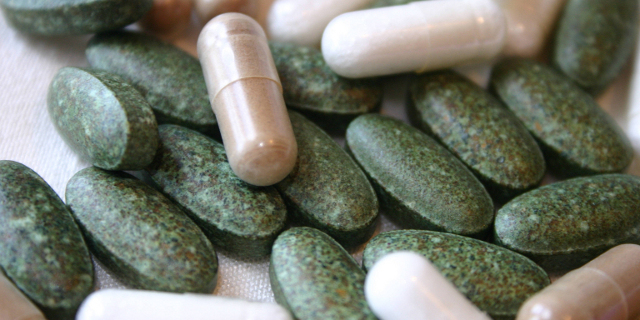
A Guide to Effective Digestion with Supplements
Which of the two do you think is more important?
- Having meals that are rich in essential nutrients.
- Having meals that taste good.
Some people are more concerned about how it tastes while forgetting what nutritional benefit their meals have. This leads to overeating low fiber, junk food that further leads to indigestion. Then the intestines fail in absorbing all the vital ingredients to keep the body in an optimum, healthy state.
By maintaining a balanced diet and carrying out proper exercise, anyone can manage to improve their digestive system. However, living this healthy lifestyle is a difficult choice for some people. They find it difficult because they have already sunk too deep into the pool of health problems, such as gastrointestinal malabsorption.
Digestive supplements come to the rescue during these situations. These can be either in natural form or in the form of pharmaceutical drugs. However, once again the question of what you are putting in your mouth comes into play here. We will take a look at some of the supplements shortly.
Symptoms that give away digestive problems
To start with, here are a few signs that are easy to detect:
- Getting hungry easily
- Tiredness
- Acidity
- Constipation
- Diarrhea
- Fatigue
- Stomach pain, etc.
If you notice these symptoms, then you should decide on taking dietary supplements prescribed by a physician or nutritionist.
A look at some common digestive supplements
There are different types of supplements that can be used to improve digestion. However, their action and effectiveness can vary.
Psyllium
Gathered from the husks of seeds of PlantagoOvata, Psyllium works as a great remedy for constipation as it is an effective laxative. It also helps to treat hemorrhoids and anal fissure. Studies have shown that it helps to reduce cholesterol levels too.
You need to take this by dissolving in water. Taking too much can cause diarrhea.
Enzymes
Enzymes are natural catalysts. They speed up biological reactions, including the process of digestion. You need different sorts of enzymes for different food type. Amylase digests carbohydrates, lipase breaks down fat, protease breaks down protein, etc.
Due to certain health problems that may lead to reduced secretions of digestive enzymes, patients will need to ingest them as supplements to ensure proper digestion.
L-Glutamine
Amino acids are the building blocks of proteins. L Glutamin is a vital amino acid for muscle build up, and it is very important for the gastrointestinal system. It serves as protection for the stomach and intestinal linings called the mucosa. Supplements are taken to treat disorders like Crohn’s disease, which can cause weight loss due to malabsorption.
Regular uptake of L Glutamine can also reduce the pain and problems in the intestines, such as, diverticulitis (it is the painful swelling of the large intestine), ulcerative colitis (it is the inflammation and infection of colons) etc. L-Glutamine also lowers the chances of having colon cancer.
Probiotics
Probiotics are benign bacteria that can be found in the digestive tract, and they share a mutual relationship with us. These bacteria live and grow in the linings of the stomach and intestines. They help by breaking down food into smaller units, so that it becomes easier for the intestines to absorb nutrition.
Probiotic supplements are usually taken by people who are lactose intolerant. The supplements help in providing the necessary enzymes (lactase in this case) to aid digestion.
Final Words
In the end, good food ensures good life, but you need proper digestion for that. If highly nutritious foods are not digested and absorbed properly, there will be no benefit. Due to living a busy life, or simply lacking interest in eating healthy, many people often fail to eat a balanced diet. With good quality digestive supplements, such people can still regain the energy they need once they choose to live a healthier life.
Leave a reply →
